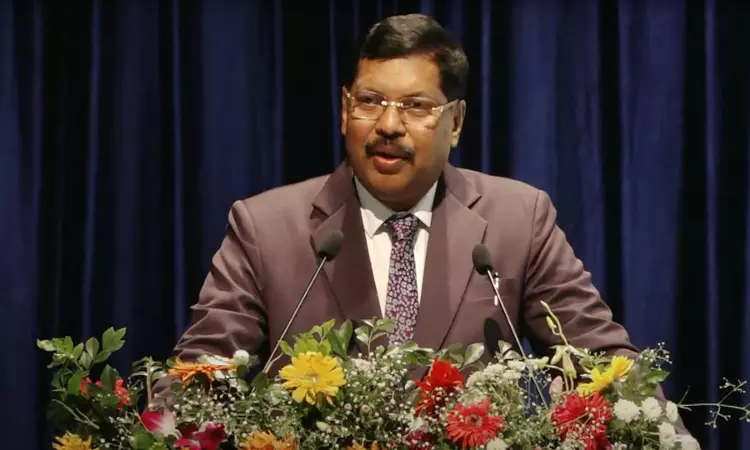“It Is Only Because Of The Indian Constitution And Vision Of Dr. Ambedkar, We Have Progressed Towards Social And Economic Justice” – Justice Gavai At SN Bhuyan Centenary Lecture
Muhammed Razik
7 Aug 2024 12:03 PM IST

Next Story
7 Aug 2024 12:03 PM IST
